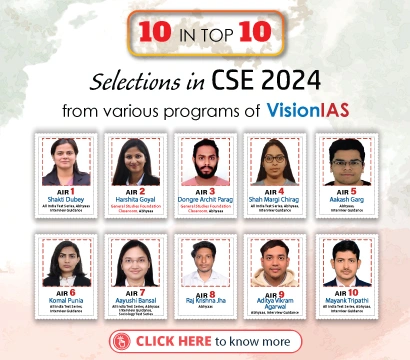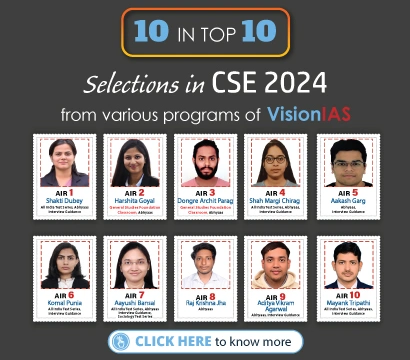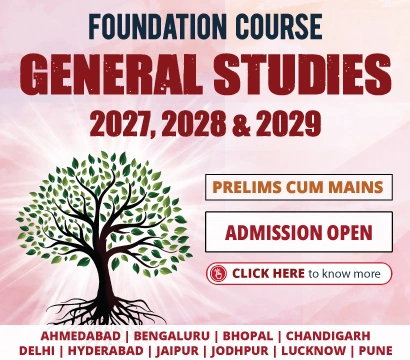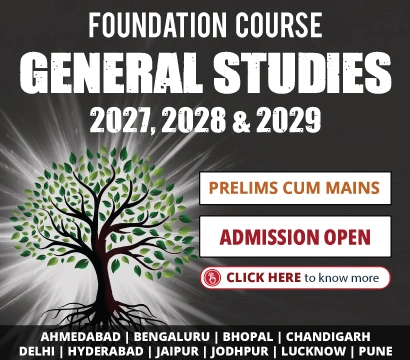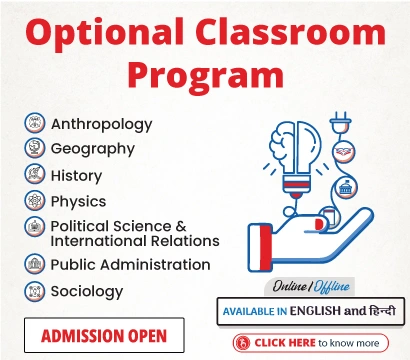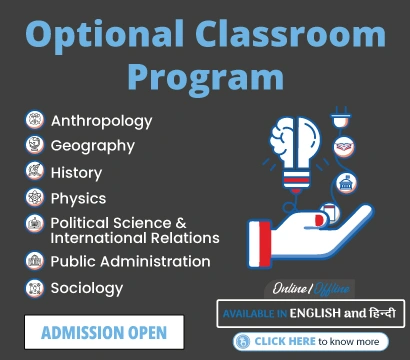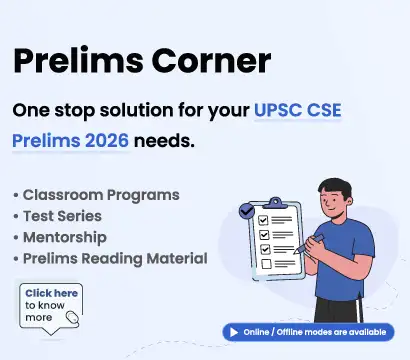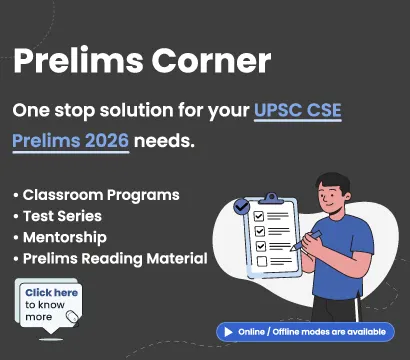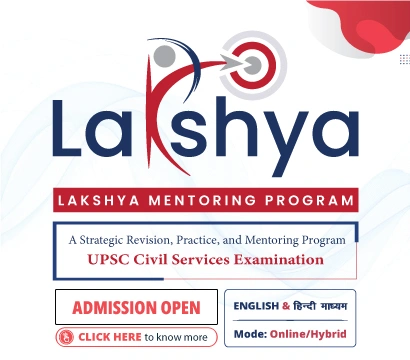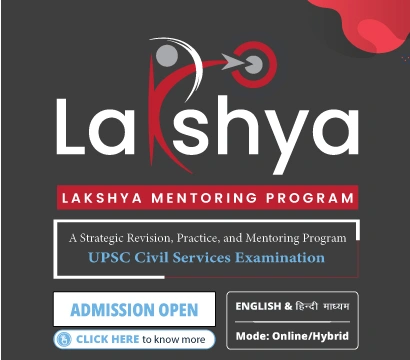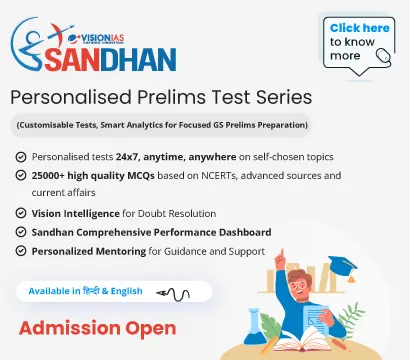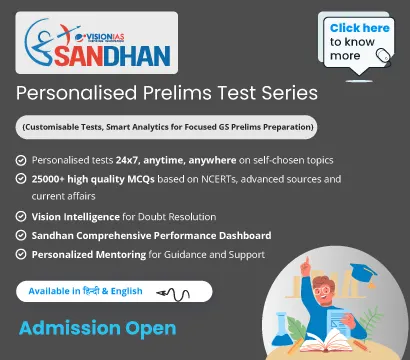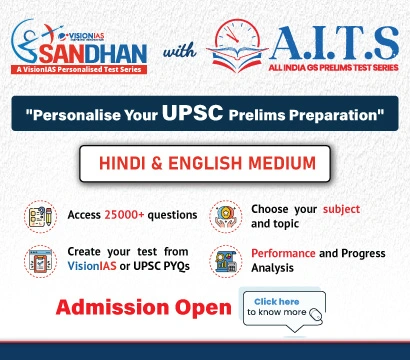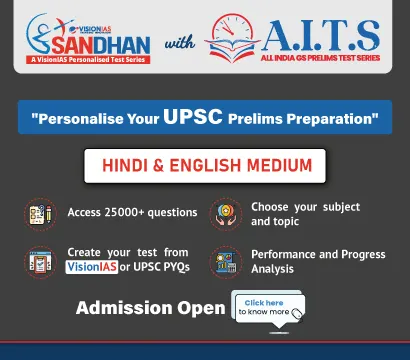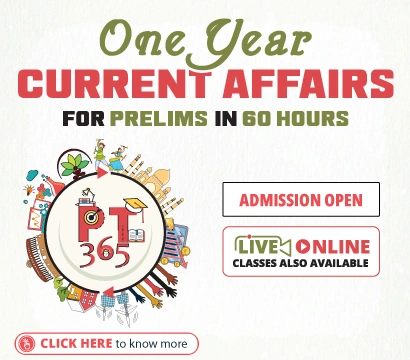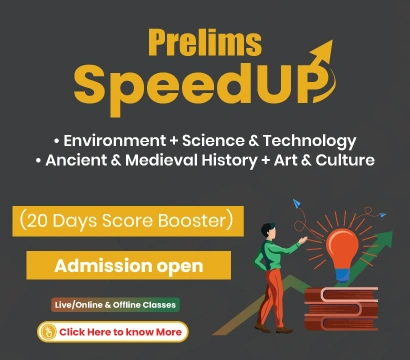Essay
A Comprehensive Roadmap to Ace the UPSC Essay Paper: Essay Writing Tips, Mains Strategy, and Syllabus Insights
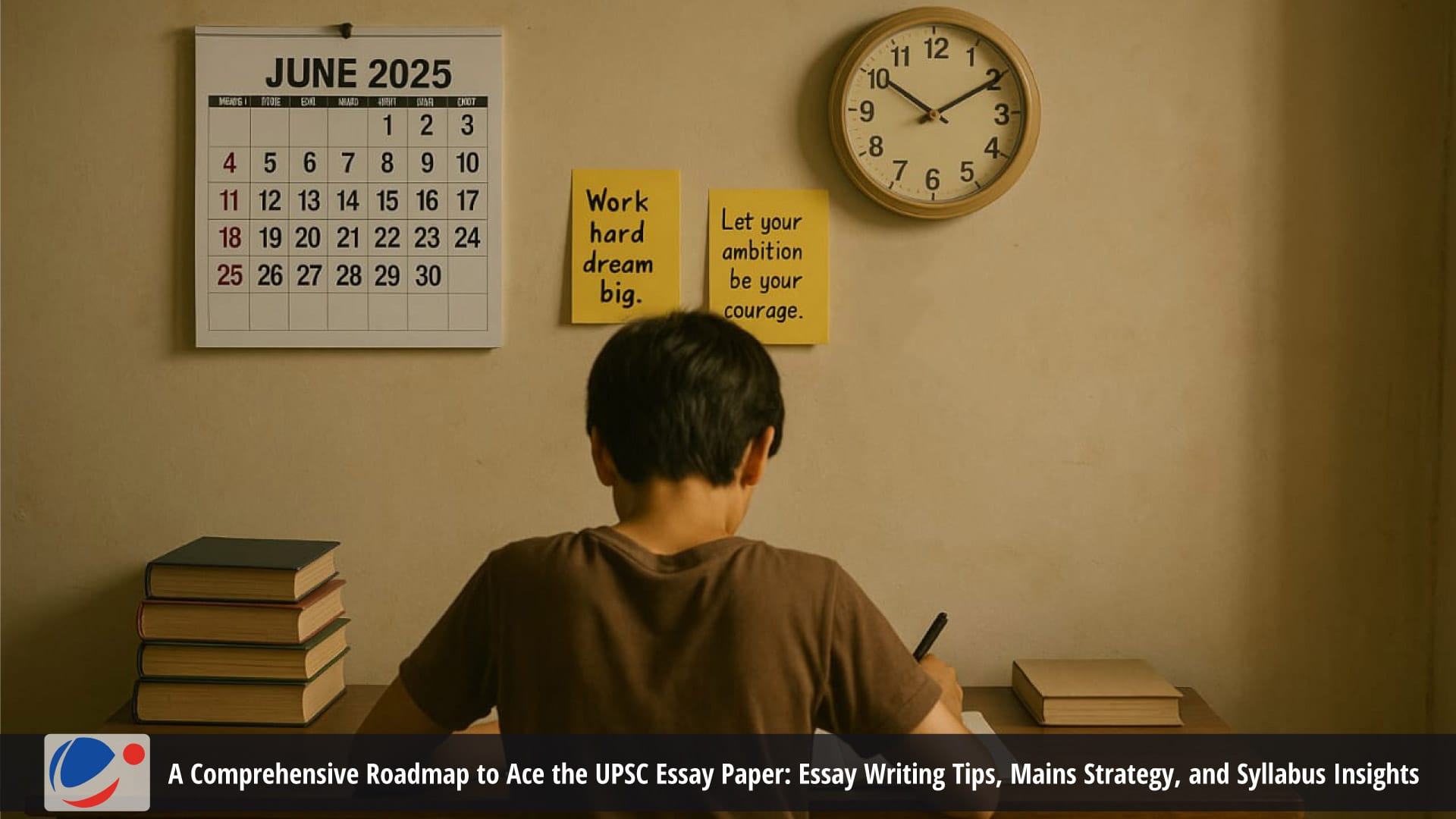
Mastering the UPSC essay requires strong UPSC essay writing skills, clear understanding of the UPSC Mains syllabus, and a smart UPSC Mains strategy. Focused UPSC Mains preparation and practice are essential to excel in the UPSC Mains essay paper.
From “barely qualifying” to a steady 125 + score—and beyond
Success in the Essay Paper does two things: it showcases your intellectual range and it multiplies the impact of otherwise “average” scores in General Studies or Optional papers. A 30-mark jump here can shift your final rank by 80–150 places.
- The essay tests breadth and depth of knowledge, critical balance, organisation and persuasion, and officer-like language.
- High marks here compensate for marginal errors elsewhere, making the 125 + “safety net” non-negotiable.
- Freedom of theme means volatility of marks—toppers touch 140 +, while many stall at 45–50.
Understanding the Evolving Pattern
Since 2018, UPSC favours abstract themes such as “Not all who wander are lost.” You now choose one topic from each of two sections—ideally one philosophical and one socio-policy—to display range. Mark gaps of 40+ persist despite internal moderation, so a methodical approach is vital.
The Five-Minute Litmus Test for Essay Topic Selection
- Decode the hidden idea: Ask: “What human concern is UPSC probing?”
- 3-C filter – Content, Credibility, Confidence: Pick only if you can raise at least seven strong dimensions with evidence.
- Avoid extremes: Esoteric or partisan angles risk alienating the examiner.
- Play to strengths: A literature lover may prefer a quote-based prompt; a data-oriented candidate might choose tech-development.
- Decide fast: Lock your choice within five minutes to preserve drafting time.

Brain-Storming Blueprint (15–20 min)
Draft your answer key before you write the answer. On a rough sheet:
- Write the theme in the centre.
- Draw 7–8 spokes for macro dimensions—History, Society, Economy, Polity, Ethics, Environment, Science, International.
- Jot a micro-point and an example under each spoke.
- Number the order in which you will present them.
- Mark possible sub-headings and must-quote data.
By the end you hold a mini-map that only needs fleshing out on the answer sheet.
Crafting a Magnetic Introduction
Every introduction should:
- Hook the reader with an anecdote, statistic, or original analogy.
- Link the hook explicitly to the essay theme.
- Map the thesis (“First, we explore…, then…, and finally…”).
Avoid opening a quotation-based topic with yet another quote; it blurs focus.
Download VisionIAS Toppers High Scorer Essay Copy
Designing the Body in 6–8 Segments
Use any one organising spine—sectoral (History → Polity → Economy), temporal (Past → Present → Future), stakeholder (Individual → State → Global), or problem–solution. Each segment follows a simple four-step paragraph protocol:
- Topic sentence.
- 1–2 lines of analysis.
- Concrete illustration (data, case, analogy).
- Soft bridge to the next point.
Include:
- 3–5 reliable data points (NCRB, NFHS, SDG Index).
- Mix of Indian and global examples.
- Max two neat diagrams if they genuinely clarify.
- A counter-argument paragraph that you later synthesise; it signals maturity.
The Resonant Conclusion
A strong finish is your last chance to shape the examiner’s impression—make it purposeful rather than perfunctory. Think of the conclusion as a landing strip: it aligns the flight of ideas, slows them gracefully, and delivers passengers safely to the runway of take-aways.
Way Forward
- Identify three–four stakeholders (citizen, civil society, private sector, government) and assign each an actionable next step.
- Tie solutions to a clear time horizon: “In the short term, …; over the next decade, ….”
- Use verbs that radiate intent—revamp, incentivise, democratise, audit.
Final Flourish
- Loop back to your opening hook for narrative symmetry.
- Craft a one-liner that fuses rhythm with resolve, e.g., “When policy listens to people and people listen to conscience, progress becomes inevitable.”
- Keep it original; clichéd quotes dilute the impact.
Avoid adding fresh arguments or data here—the essay should feel complete, not abruptly expanded.
Watch: How to maximize score in Essay for UPSC Mains 2025 by Smriti Shah Mam
Language, Tone and Ethics
Your evaluator reads so many essays in a stretch; clarity is a kindness. Aim for prose that is simple without being simplistic.
Essentials
- Target 18–22-word sentences; variety keeps the rhythm alive.
- Underline only the kernel (inclusive growth, moral hazard); never entire sentences.
- Maintain a citizen-centric voice—celebrate constitutional values, eschew partisan digs.
Positive Inflections
- Substitute passive lament with active optimism: “The challenge can be met if…”
- Use gender-neutral language (chairperson, humankind).
- When narrating personal anecdotes, a measured first-person “I” adds authenticity; elsewhere, prefer impersonal third person.
Ethical Guard-rails
- Respect diversity of beliefs; critique ideas, not communities.
- Verify every statistic you intend to quote—misinformation is an ethical lapse.
- If unsure about a controversial fact, frame it as “multiple studies suggest …” rather than stating it as gospel.
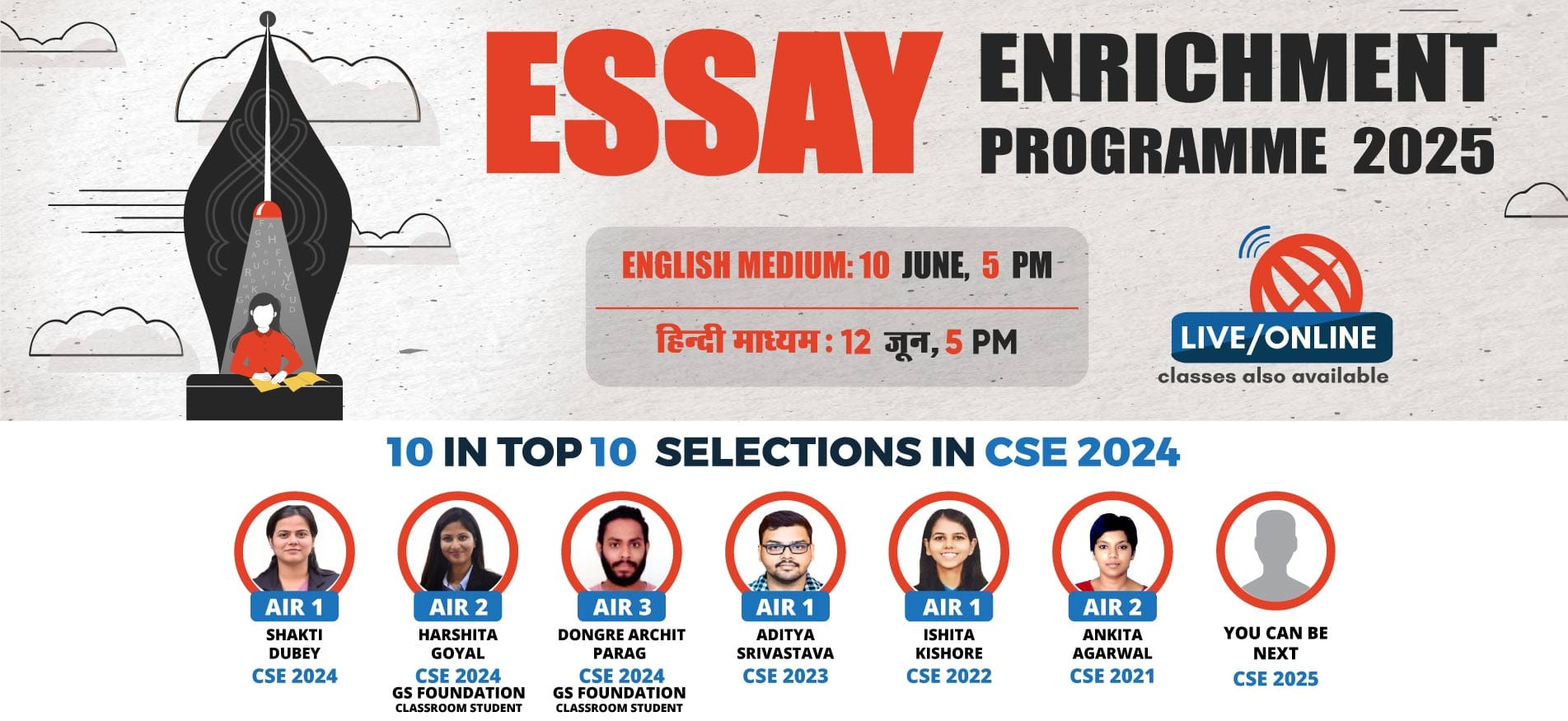
VisionIAS Essay Enrichment Programme 2025
Common Pitfalls & Quick Fixes
Every scorer above 130 once grappled with these traps—mastery lies in speed of correction.
Misreading the Theme
- Fix: Spend three extra minutes rephrasing the title in plain words on rough sheet; verify alignment at each outline step.
Lopsided Coverage
- Fix: Allocate bullets in the brainstorm sheet according to desired page count—then obey those limits.
Bland Openings or Closures
- Fix: Build a ready-reckoner of five personal anecdotes, five stats, and five metaphorical lines for closures; rotate them.
Decorative Overload
- Fix: Self-audit: maximum four quotes, two sketches. Anything beyond gets crossed out in practice copies.
Time Sink
- Fix: Set a 90-minute alarm. When it rings, drop the pen, even in practice—train for scarcity.
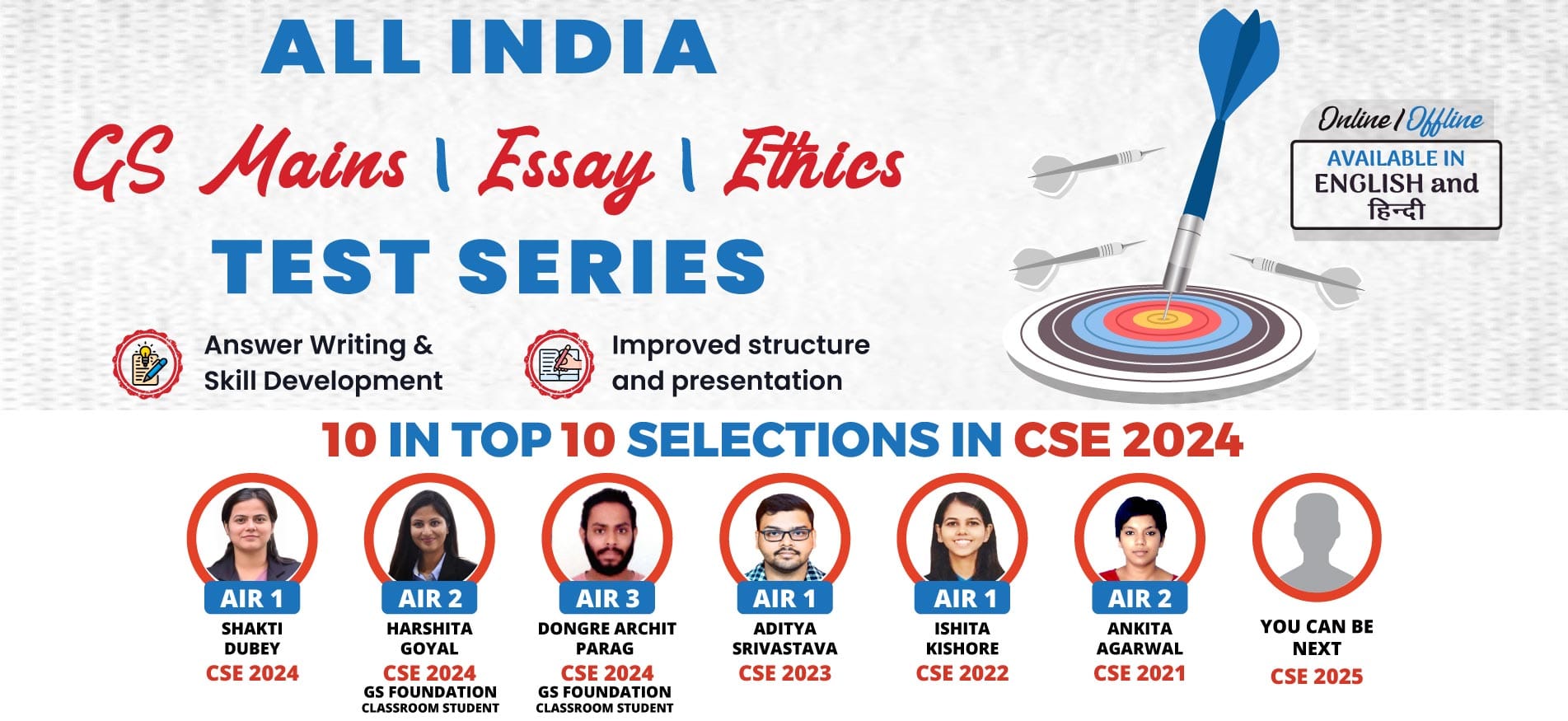
VisionIAS All India Essay Test Series 2025
Tackling Opinion-Based Essays
Abstract prompts, gauge philosophical depth and value coherence. Treat them as ethical case studies writ large.
- Conceptual Grounding: Begin with crisp definitions: “Wisdom is applied knowledge guided by empathy.” Cite Aristotle’s phronesis or the Upanishadic notion of viveka.
- 360° Sweep: Show how the concept manifests across domains:
- Science: Serendipitous discovery of penicillin highlights wisdom in observation.
- Governance: Judicial restraint embodies wisdom over mere legalism.
- Personal Life: Mindfulness practices convert knowledge of stress into serene action.
- Story Evidence: Blend classical (Ashoka’s post-Kalinga transformation) with contemporary (New Zealand’s Jacinda Ardern on compassion-led leadership).
- Counter-Philosophy: Present Nietzsche’s skepticism of absolute truth or Popper’s critique of historicism, then reconcile through a balanced synthesis.
- Actionable Take-Away: Offer a practical ethic: “Embedding reflective pauses in decision cycles institutionalises wisdom.”
- Language Tone
- Maintain an elevated but accessible register—avoid mysticism that clouds clarity.
- Conclude with a line that resonates moral certainty without dogmatism, e.g., “When facts inform the mind and empathy pilots the heart, choices seldom go astray.”
Final Message: Your Personality on Paper
A UPSC essay is not a data dump—it is a portrait of the future civil servant: clear in thought, compassionate in tone, courageous yet balanced. Prepare scientifically, practise ruthlessly, write sincerely, and let the examiner leave your script thinking, “Yes, this mind can be trusted with public power.”
Read Blog : UPSC Mains Essay Paper 2024: A Strategic Overview and VisionIAS Pivotal Role
FAQ for UPSC Mains Essay Paper
1. Why is the UPSC Mains Essay Paper critical for final selection?
The UPSC essay paper can significantly boost your final rank. A 30+ mark difference in essays can shift your position by over 100 ranks, making it a vital scoring opportunity.
2. What is the ideal approach to selecting an essay topic in UPSC Mains?
Use the Five-Minute Litmus Test: decode the hidden theme, apply the 3-C filter (Content, Credibility, Confidence), and choose a topic that aligns with your strengths and can be explored with diverse, balanced dimensions.
3. How should I structure a high-scoring UPSC essay?
Use a clear introduction, 6–8 well-organized body segments (sectoral, stakeholder, or temporal), and a resonant conclusion. Include data, examples, and counter-arguments, and ensure ethical, citizen-centric language.
4. How can I improve my essay writing for UPSC Mains?
Practice regularly with test series, use personal anecdotes, incorporate current affairs, and adopt a multidisciplinary approach. Programs like the VisionIAS Essay Enrichment Programme help build skill, structure, and scoring strategy.
5. What are common mistakes to avoid in the UPSC Mains essay?
Avoid misreading the topic, overusing quotes, bland openings or conclusions, and ignoring time limits. Stick to clear language, ethical tone, and avoid extremes or partisan views in analysis.
5. Which course can help aspirant to prepare Essay for UPSC Mains 2025 ?
VisionIAS Essay Classes and Essay Test Series can contribute to upsc aspirant preparation for upsc main 2025. Mains 365 can effectively contribute to current affairs preparation for targeting UPSC Mains.
6. Who are top 3 ranker of UPSC 2024 final result ?
The top 3 UPSC 2024 rankers are Shakti Dubey (AIR 1), Harshita Goyal (AIR 2), and Dongre Archit Parag (AIR 3). Harshita Goyal and Dongre Archit Parag are VisionIAS foundation Classroom Programme students.






























